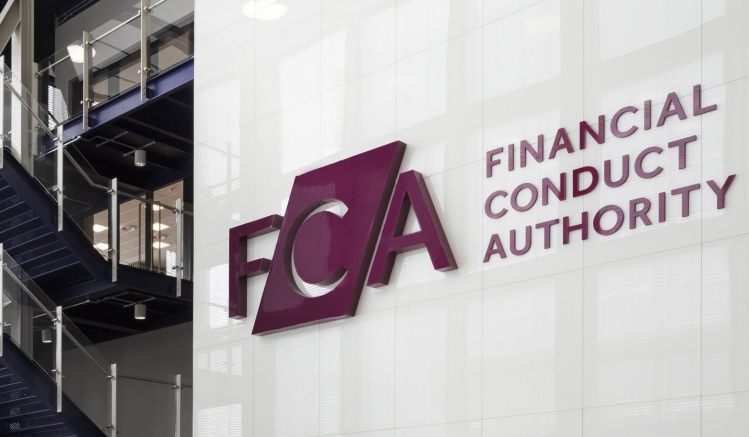For many, regulators aren’t often sympathetic figures. They may be seen as “bad cop,” censuring firms, keeping markets in check, and ensuring everyone plays by the rules, no matter whether those rules prove popular or unpopular. However, the language used against the Financial Conduct Authority (FCA) by a House of Lords Committee recently may have even the least sympathetic wincing on behalf of the regulator.
“An abject failure”
The FCA’s proposals to “name and shame” firms under investigation have faced consistent criticism since they were initially proposed this time last year. However, the intensity of this criticism increased during a session held by the House of Lords Financial Regulation Committee, a cross-party U.K. government Committee set up in 2024 to consider how financial services are regulated.
The proposals have received substantial criticism from the finance space and from government figures but were described as “an abject failure” by Committee chair Lord Michael Forsyth, who set out that:
“It was incumbent on the FCA to make a strong and unequivocal case for why such a fundamental change was needed and it has failed to do that … Its consultation on the changes has been an abject failure, and even the FCA chairman acknowledged this has not been the FCA’s ‘finest hour.’”
This last comment referred to remarks made by FCA chair Ashley Alder before a different Committee last November, with Alder conceding that the pushback around the proposals had been a difficult time for the regulator.
Finding the balance
While the Committee conceded that the “basic aims” of the FCA’s proposed approach – including increased transparency and reduced consumer harm – “should of course be pursued,” it encouraged the regulator to perform both a cost-benefit analysis of its proposals, and to “review and publish a report into its own failings.”
A chief concern from The City and from the Lord’s Committee was the potential for reputational harm (and associated business impacts) resulting from firms under investigation being named, without then being found to have done wrong. Lord Forsyth said:
“If it presses ahead with its proposals on past performance it could mean that half of the firms it investigates, and the people involved in them, will have their reputations unnecessarily and unfairly damaged … This is not acceptable.”
The FCA told the Committee that its investigations last, on average, three to four years, and 56% end with no further action. The regulator has previously estimated that the introduction of “name and shame” would result in the number of investigations disclosed doubling from the current rate of one to two per year.
The Lords Committee found that, if the FCA cannot strike the right balance between the aims of “name and shame” and its potential impacts, the proposals should not be introduced:
“If the FCA is unable to find an acceptable balance in these proposals between increasing transparency to help prevent consumer harm, and managing the potential risks to firms, individuals, and market stability, it should not proceed with these proposed changes.”
Back to the drawing board?
The FCA said it would “consider the Committee’s report carefully, alongside the other feedback to our consultation, as we decide on the next steps on the proposals.” Those next steps were initially meant to be outlined “in early 2025,” a deadline that is approaching rapidly.
Throughout the consultation on the proposals, the FCA has acknowledged the rocky reception “name and shame” has received. The regulator conceded it “should have handled the initial consultation better … engaging on the proposals in advance.” Previously, Therese Chambers, co-head of enforcement and market oversight at the FCA, said that proposals “could have been communicated better,” and FCA chief executive Nikhil Rathi admitted the launch had led to “some misunderstandings” resulting in the regulator working to “fundamentally reshape” the proposals.
It will be interesting to see if the FCA continues to workshop a proposal that has received such sustained criticism and skepticism from both the industry and the government. In a recent interview, Rathi confirmed that the regulator had “decided not to introduce rules to prevent City bankers from using WhatsApp and other encrypted apps for unauthorized business communications.”
The regulator is making a conscious, concerted “shift away from detailed rulemaking,” which includes setting out detailed rules around non-financial misconduct. Rathi instead said The City can expect “a different relationship” which may see the FCA going more “hands-off.”
Without substantial reworking, a “name and shame” approach would not feel like a natural fit for a more “hands-off” regulator, and it would be unsurprising to see the regulator back down completely on the proposals given the sustained pushback it has received. While some may be beginning to feel sympathy for the embattled regulator, the most critical voices seem to be of the belief that the ‘F’ in ‘FCA’ might stand for ‘Failure.’




